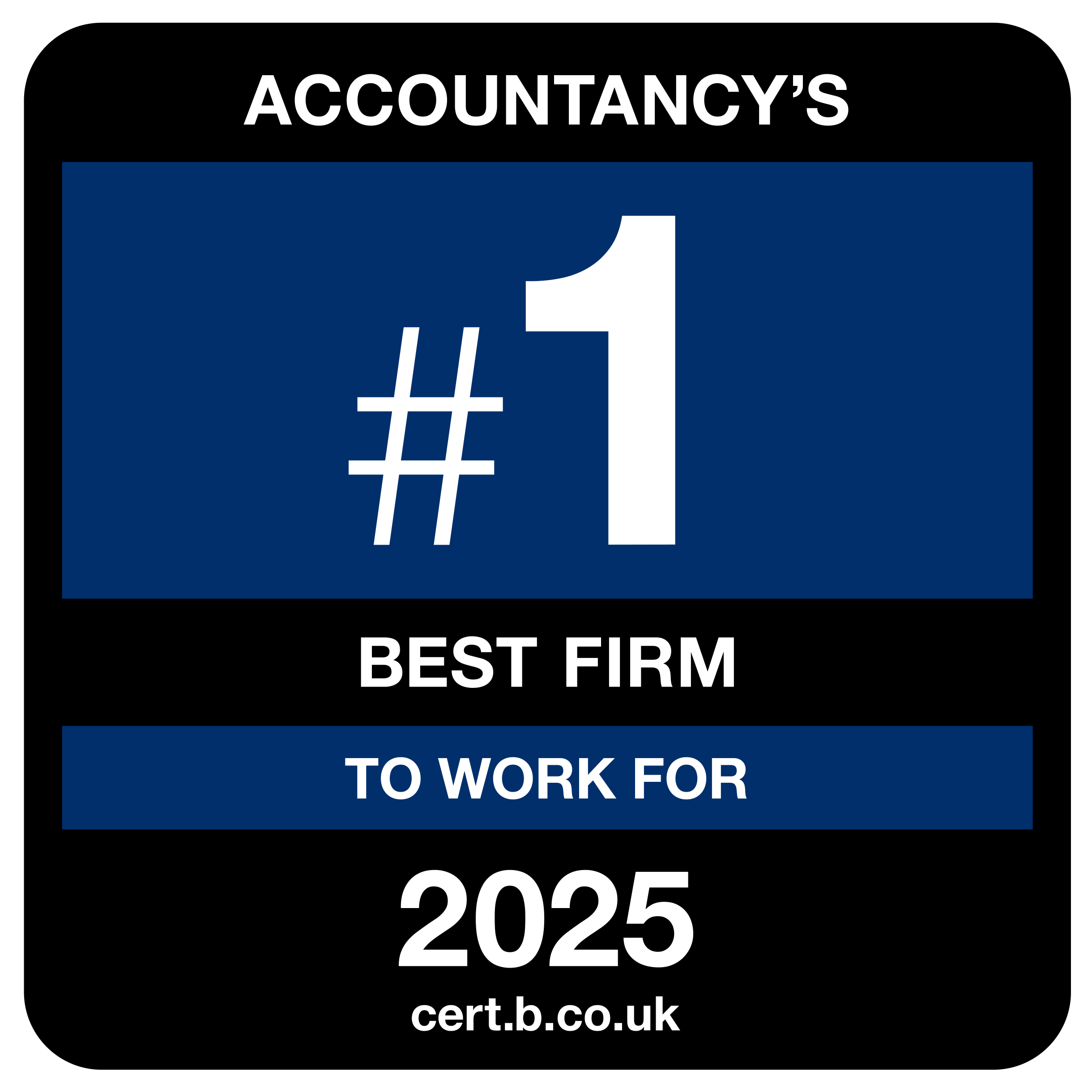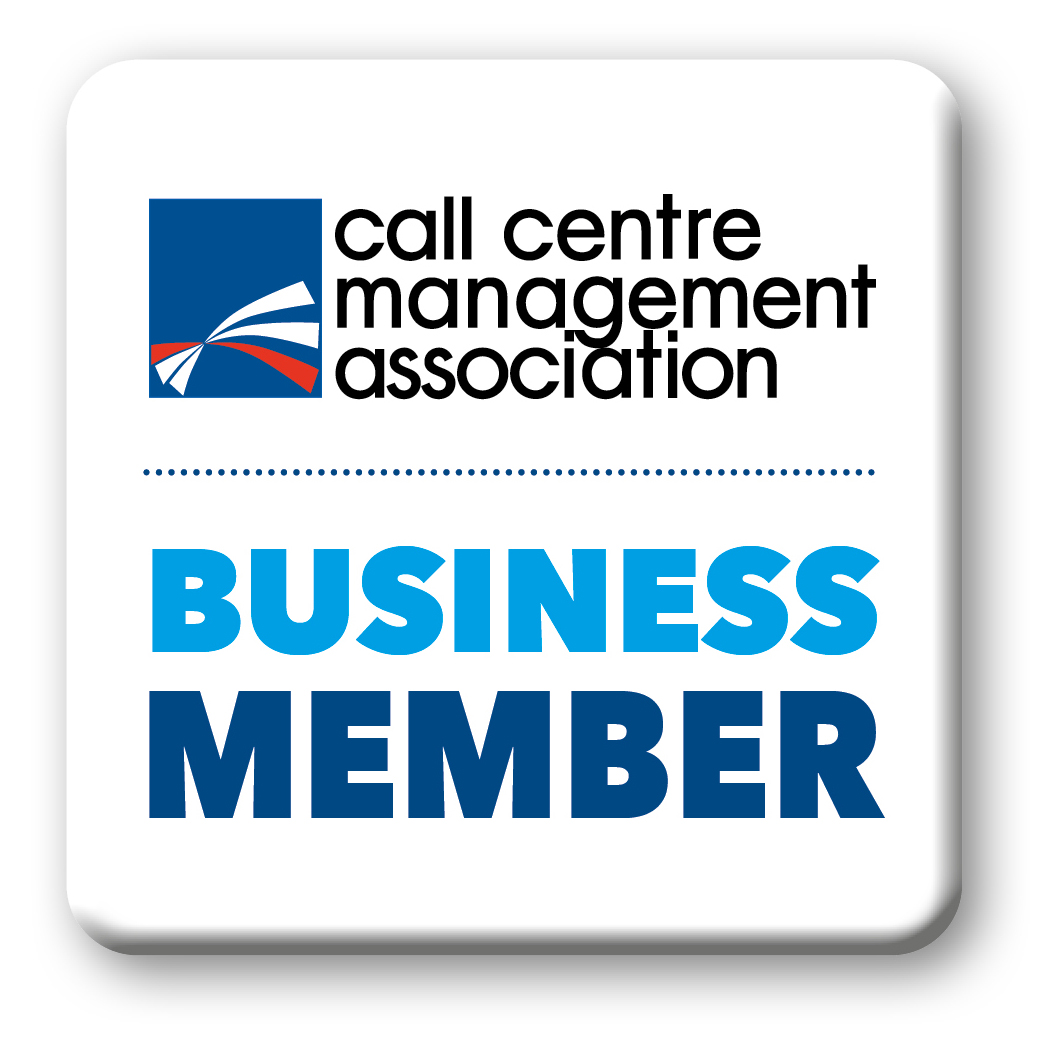
Who we are
An agile team that puts quality client service first.
We’re not your traditional accountants. We are driven and entrepreneurial, just like our clients, and we thrive when working alongside ambitious businesses.


Why Sapphire?
We’re not your traditional accountants. We believe that technology has the power to transform finance, and we combine that with a consultative, partnership approach focused on growth to enable ambitious businesses to unleash their full potential.
From tax services, accounts, and outsourced payroll to corporate finance, exit strategies, disputes and litigation, Sapphire Accounting is there for every step of the way.
Don't just take our word for it, hear what some of our clients had to say...
AEG:1440
AEG:1440 is a tech fund, specialising in funding deep-tech, AI, and data science, with a core focus on education technology.
Here’s what Henry Willis, founder and CEO of AEG:1440, had to say about why he uses Sapphire.
Football Kings
After founding Football Kings Coaching whilst at university, Harry King has scaled his business dramatically and now offers private one-to-one and small group football coaching sessions in Manchester. His team works with players from under 6 all the way up to full-time professionals, and the business has a combined social media following of 400,000+.
We spoke to Harry about why he uses Sapphire, and here’s what he had to say.
Our awards and accreditations

Our social responsibility
We’re always looking to improve our business for our people, the environment and the communities on our doorstep.
From climbing mountains to amateur boxing challenges, we’re always on the lookout for creative ways to fundraise for the causes close to our hearts.
Frequently Asked Questions
A Special Purpose Vehicle (SPV) is a legal entity formed for a specific and often limited purpose – as suggested by the name. Quite often, an SPV is incorporated and used to manage/let properties. There are some certain benefits to having your assets pooled like this from asset protection, to mitigating risk by separating personal assets to business liabilities – as well as some major tax advantages.
Yes. You can certainly purchase a vehicle through a limited company for a variety of uses. How it’s best done will depend on the vehicle type and your personal circumstances. For instance, is it electric or fuel-based? How is it financed – is it purchased outright, or through Hire Purchase(HP)? Are there any salary sacrifice arrangements? Is it a commercial vehicle like a van, or just a car? The personal tax implications versus the company savings will also come into play.
A Director’s Loan Account (DLA) is a record of transactions between a company and its Director(s). From a bookkeeping perspective, a DLA tracks monies paid in and out by the director(s) personally, separate from their salary, dividends or expenses they have incurred personally on the company’s behalf. Sometimes, bookkeepers and accountants will use the DLA account throughout a financial period to house all these items before conducting a wider piece of analysis in line with the annual accounts.
There are particular rules in place that to stop loans building up company accounts, so it’s important that there is a clear dialogue as to the position of this account so that there are no surprises when it gets to the end of a reporting period.
Everyone’s personal situation is different, so it’s important to have an accountant who is keen to understand a Director(s) wants and needs. Being a Director and Shareholder simultaneously gives you the ability to make use of a salary-dividend type model for extracting money from the company that would have otherwise been subject to tax and National Insurance Contributions (NIC) as an employee.
Implications from a tax and cash perspective of taking on an additional employee (more so for people employing for the first time):
The true cost of taking on a new hire isn’t just the salary you agree to, there are additional employment costs and allowances you should consider before taking the leap for the first time.
- Monthly salary
- Employers National Insurance
- Employers Pension Contributions
- Employment Allowance (to cover Employer NICs)
Understanding these different items, how they are calculated and the timings on when each liabilities are paid are important considerations before hiring. Naturally, the Employer is also responsible for deducting tax/NIC/Student Loan on the employee’s behalf too and will pay these balances over to HMRC with the Employer NICs.
Corporation tax is a tax on the profits of a company or business. It’s usually payable nine months after the end of the financial year. Depending on your specific industry and type of company business, there may be different ways to mitigate or reduce your tax liability.
Allowable business expenses are one way to potentially reduce your corporation tax bill – making sure all expenses are justified and accurately recorded is key in order to benefit from any deductions. If you’re an owner-director, then you need to consider the salary combination for yourself, employees and other types of payments made by the company (such as director’s loan account). This can help reduce your Corporation Tax bill.











